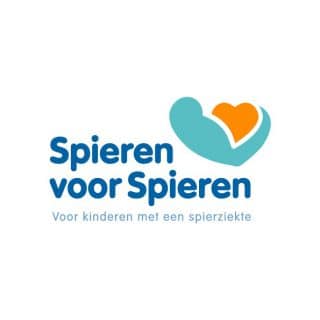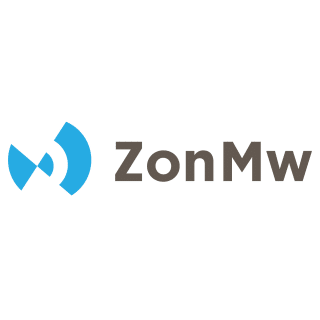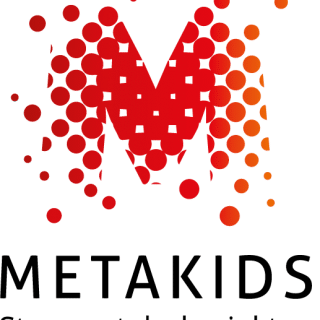

View our upcoming research plans
The roadmap of GYM consists of 3 major milestones. At first, we will define the safety and (partial) effectiveness of muscle stem cell therapy in a Phase I/II Clinical Trial. Next, we will determine the applicability and scope of our treatment for patients with genetic and non-genetic muscle pathology. Genetic editing strategies will be optimised to correct the genetic defect in genetically affected patients. Finally, the eventual medicinal product will be optimised with respect to culture conditions, energy capacity and specificity of the muscle stem cells, called mesoangioblasts, and engraftment in the affected muscles. This will pave the way for transferring the production to a company, which will be established as result of the project.
Biofunctional in vitro vessel models
The proposed novel technique is suitable to achieve perfusable vessel models with a biofunctional multilayer wall composition. Such structures hold potential for the creation of more physiologically relevant in vitro disease models suitable especially as platforms for the pre-screening of drugs and cell therapies.
(Schöneberg J, De Lorenzi F, Theek B, Blaeser A, Rommel D, Kuehne AJC, Kießling F, Fischer H. Engineering biofunctional in vitro vessel models using a multilayer bioprinting technique. Sci Rep. 2018 Jul 11;8(1):10430).
MICAL2 is essential for myogenic lineage commitment
Our data demonstrate that modulations of MICAL2 have an impact on muscle filament dynamics and its fine-tuned balance is essential for the regeneration of muscle tissues commitment. commitment (Giarratana N, Conti F, La Rovere R, Gijsbers R, Carai P, Duelen R, Vervliet T, Bultynck G, Ronzoni F, Piciotti R, Costamagna D, Fulle S, Barravecchia I, Angeloni D, Torrente Y, Sampaolesi M. MICAL2 is essential for myogenic lineage commitment. Death Dis. 2020 Aug 18;11(8):654).
Approval for a Phase I/II clinical trial for administering autologous mesoangioblasts to m.3243A>G patients
A Phase I/II clinical trial for administering autologous mesoangioblasts to m.3243A>G patients was approved by the Dutch “Centrale Commissie Mensgebonden Onderzoek (CCMO)”, the Dutch “Minesterie van Volksgezondheid, Welzijn en Sport (VWS), and the “Raad van Bestuur Maastricht UMC+”.
Improved production of mesoangioblasts as cell therapy medicinal product
Conditions for ex vivo culture of mesoangioblasts will be enriched with components that optimize and stimulate cell poliferation, allowing the production process to be accelerated, thereby increasing speed and reducing costs of producing the cell therapy medicinal product. In addition, components will be used that increase the energy capacity of these cells to improve their therapeutic potential. Only components that are suitable according to the GMP guidelines will be included to allow usage in patients.
Defining the quality of mesoangioblasts from patients with non-genetic muscle disease
Mesoangioblasts will be characterized in muscle biopsies, derived from patients with loss of muscle mass, due to cancer, stroke and ageing. This data will provide essential information on the quality and quantity of mesoangioblasts and their capacity to be used as cell therapy medicinal product.
Safety and efficacy of autologous mesoangioblast treatment in a phase I/II clinical trial
Patients with a mitochondrial DNA mutation (m.3243A>G) in muscle, but with mutation-free mesoangioblasts will be included for assessing safety and preliminary efficacy of autologous mesoangioblasts as cell therapy medicinal product.
Correction of the gene defect in mesoangioblasts of patients with a genetic muscle disease
Mesoangioblasts or iPSC-derived mesodermal progenitors (MIPs) from patients with MDC1A, myotonic dystrophy type I, and LGMD2E will be corrected with CRISPR-Cas9 technology to demonstrate feasibility of the genetic correction strategy. These experiments aim at a protocol for clinical-grade production of genetically corrected mesoangioblasts and provide the required preclinical data on safety and efficacy to move forward to clinical application.
Preclinical study on the effect of muscle stem cell therapy in a mouse model with colon or lung cancer
In mouse models with colon or lung cancer that exhibit extreme weight loss due to tumor formation, we test whether the administration of autologous muscle stem cells reduces weight loss and improves muscle energy capacity. The additional effects of increased physical activity will also be tested. The results obtained will be used to optimize the design of further experiments in human subjects.
Improved homing of mesoangioblasts from the blood vessel into the muscle
Modern bioprinting techniques enable testing muscle stem cell therapy on human cells in in vitro systems. A recently developed perfusable blood vessel on a CHIP model will be used to optimize the homing of mesoangioblasts following pre-treatment with compounds that stimulate migration and homing.
Production of mesoangioblasts with improved muscle regenerative capacity
Compounds will be tested that improve skeletal muscle-regeneration capacity in order to improve the therapeutic capacity of mesoangioblasts in vivo. We will test different cocktails of preselected microRNAs, and assess if preconditioning of mesangioblasts will improve their regenerative capacity in mice models.
Creating a spin-off company for the development, production and commercialization of mesoangioblasts as cell therapy medicinal product
This milestone marks the transformation of the results of the other activities into a business proposition. A spinoff company will established, which holds the potential to commercialize themesoangioblast stem cell based therapy and build a sustainable biotech business.







